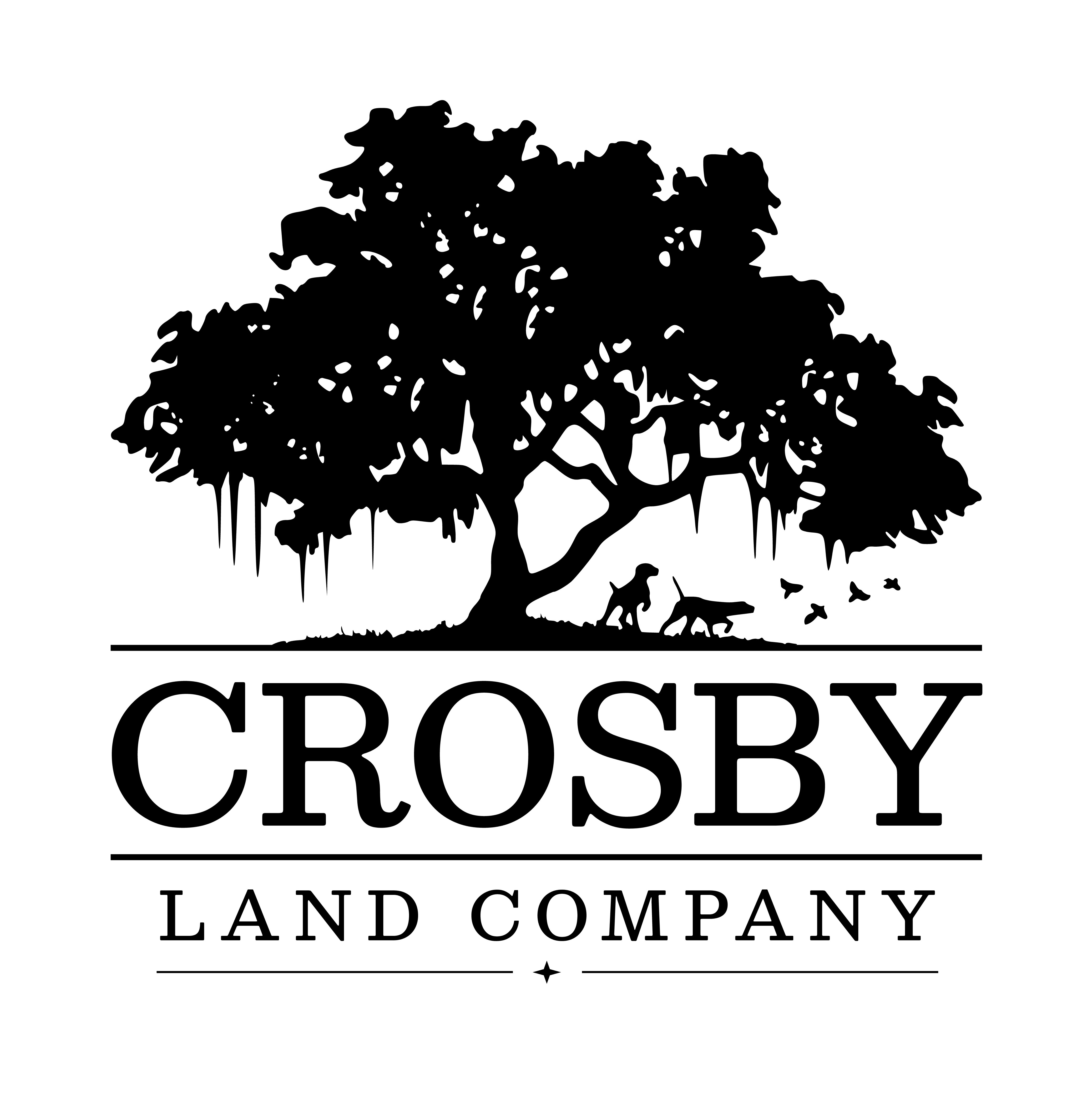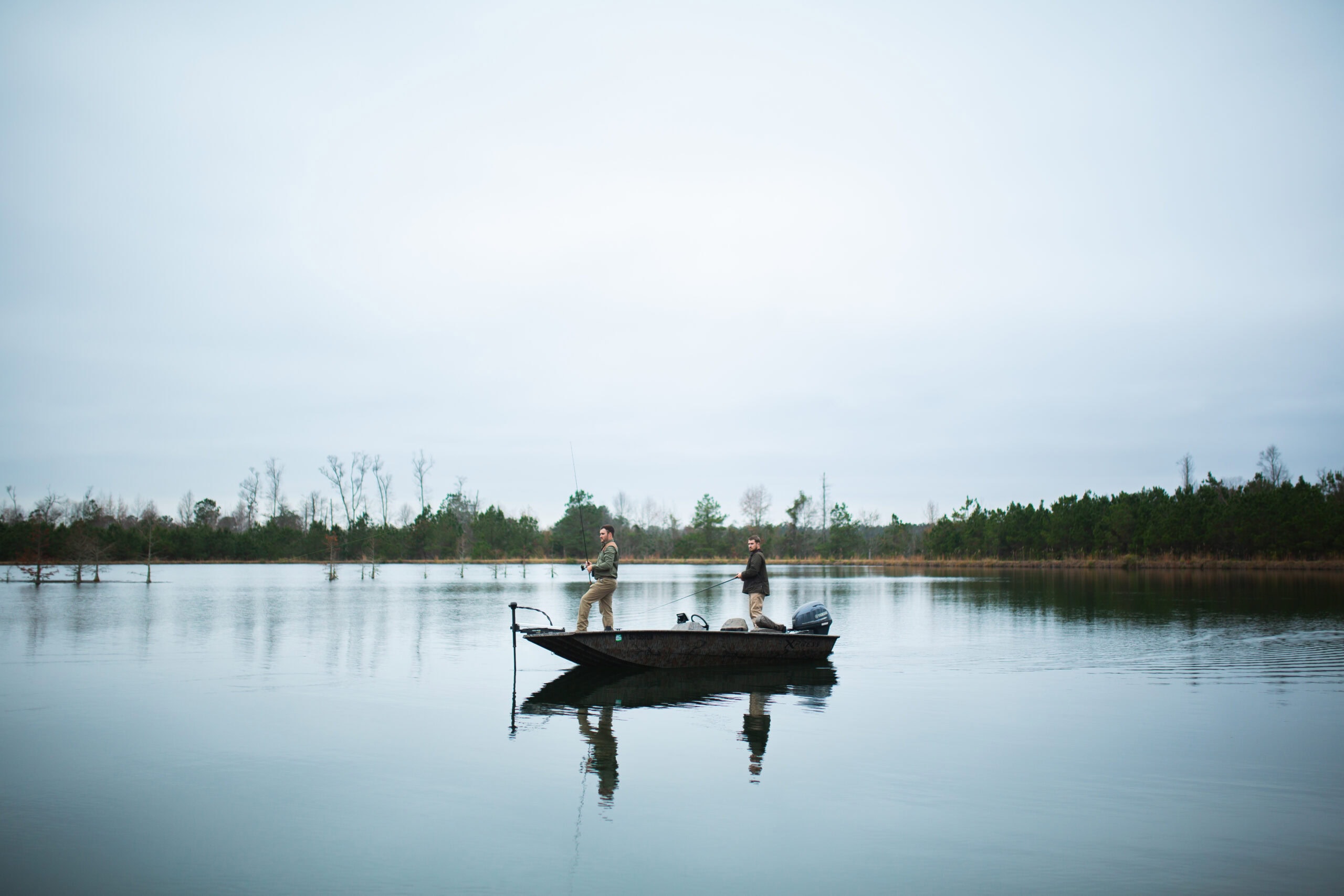Legacy land ownership refers to the acquisition and stewardship of land that is intended to be held long-term, passed down through generations, and preserved with care. It’s about more than building a home or flipping a property; it’s about investing in something enduring.
Legacy land often holds historical or cultural significance, ecological value (in South Carolina, namely forests, wetlands and wildlife habitats). It could also hold personal or familial significance. More than anything, it holds long-term vision and places value in land ownership for future generations.
This type of ownership is not transactional; it’s transformational for you and your family. At Crosby Land Company, we offer a unique approach to legacy land ownership in the Southeast because we know that it goes much farther beyond market price and value. As a multi-generational land owner and South Carolinian, Owner Todd Crosby brings invaluable expertise to each legacy land purchase.
Why the Southeast?
The Southeastern United States, and particularly the Lowcountry of South Carolina, offers a rare combination of natural beauty, biodiversity, historical roots, and investment potential. From moss-draped oaks and tidal creeks to rolling pine forests and rich agricultural soil, the region presents a canvas for a range of land ownership goals.
What makes the Lowcountry and surrounding Southeast ideal for legacy land ownership?
Diverse landscapes: Coastal marshes, longleaf pine savannahs, farmland, hardwood forests, and blackwater rivers.
Abundant wildlife: Home to waterfowl, white-tailed deer, wild turkeys, bobwhite quail, and even rare species like the red-cockaded woodpecker.
Historical richness: The land here tells stories of Gullah heritage, colonial settlements, and generations of conservation and land stewardship.
Private seclusion: Though the Southeast has many cities, legacy land offers peace and privacy with larger tracts of land that are protected from modern overdevelopment.
These unique features make Southeast land not only beautiful and functional, but deeply meaningful.
An Investment That Appreciates Differently
Unlike stocks or urban real estate, legacy land appreciates in more than just financial terms. Land held long-term offers stability, resilience, and multi-dimensional returns.
- Financial Security
Rural land, especially in areas with conservation interest or timber potential, tends to hold and grow in value. As urban sprawl and development increase, untouched land becomes more rare and therefore more valuable. - Tangible Asset
Land isn’t a line on a screen—you can walk it, shape it, and share it. In uncertain economic climates, land offers a physical refuge and a hedge against market volatility. - Generational Wealth
Passing land through generations can create lasting value—not just in dollars, but in shared experiences, traditions, and connection to place. - Natural Resources
Timber, agriculture, hunting leases, and even carbon credits can provide income potential from the land while preserving its integrity.
Tax Advantages for Landowners in the Southeast
Ownership of legacy land comes with notable tax benefits, especially when the land is managed wisely and/or placed under conservation-focused use. At Crosby Land Company, we help legacy landowners understand and maximize their investment options. Here are just a few examples:
Conservation Easements
A conservation easement is a voluntary, legally binding agreement between a landowner and a qualified conservation organization that permanently limits certain types of development and land use to protect the land’s natural, agricultural, scenic, or historical value.
The primary financial incentive is the donation of a conservation easement is considered by the IRS a non-cash charitable contribution and therefore can be subject to federal income tax deduction incentives for the donor (there are also SC State Tax Credits). There are also funding sources that provide cash to purchase a portion of the appraised conservation easement value.
Timber Tax Incentives
Managed timberland may qualify for favorable treatment under capital gains rather than ordinary income. Reforestation tax credits and deductions are also available in many states.
Agricultural Use Valuation
In South Carolina and other Southeastern states, property taxes may be reduced if the land is used for qualifying agricultural or forestry purposes.
Estate Tax Planning
Proper structuring of legacy land through trusts or family limited partnerships can ease the tax burden of inheritance and facilitate generational transfer.
Lifestyle Perks of Legacy Land Ownership
The perks of owning legacy land in the Southeast extend well beyond spreadsheets and investment portfolios. For many, the greatest value comes from what the land gives back:
Peace and Privacy
Large tracts of land offer a rare kind of stillness. Whether you’re waking up to a misty pond or walking through a pine stand at dusk, the connection to nature is unmatched.
Recreation and Tradition
Fishing, hunting, trail riding, bird watching, or simply gathering around a firepit with family, land provides a canvas for cherished moments.
Heritage Building
Legacy land allows families to create traditions that span generations, turning a place into a personal and emotional anchor.
Health and Restoration
Time outdoors is proven to lower stress, improve mental clarity, and strengthen physical health. Owning land gives you access to these benefits any time you step outside.
What to Expect When Purchasing Land in the Southeast
If you’re new to the region or exploring rural land ownership for the first time, here are a few things to consider:
Soil and Topography: Soil type affects everything from septic potential to crop productivity. Topography will determine water drainage and land use.
Zoning and Access: Make sure to check local zoning ordinances and whether there is legal road access to the property.
Conservation Potential: Many properties qualify for conservation easements or wildlife habitat programs—a land broker can help evaluate these.
Wildlife and Water: Pay attention to natural features that support deer, quail, ducks, and other wildlife—as well as water sources like ponds, wetlands, or creeks.
Utilities and Improvements: Remote tracts may not have utilities readily available. Plan accordingly if you’re considering building.
Partnering with a brokerage that specializes in legacy land ensures that your purchase is guided by more than price. It’s guided by purpose, potential, and care, which are foundational to our work at Crosby Land Company.
Legacy land ownership is not for everyone. For those who feel called to steward something lasting, and to invest not just in a place, but in a way of life, it is deeply rewarding.
The Southeast’s natural richness, favorable tax structures, and rich heritage make it one of the most compelling regions in the country for investment. Whether you’re a conservationist, sportsman, investor, or simply someone seeking a more grounded life, legacy land in the Lowcountry offers you the rare chance to own something that truly matters.
In the end, it’s not just about acres. It’s about legacy.
Ready to find yours? Contact the legacy land experts at Crosby Land Company.

